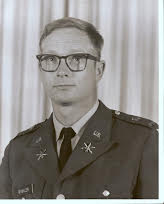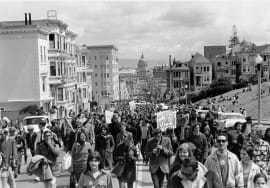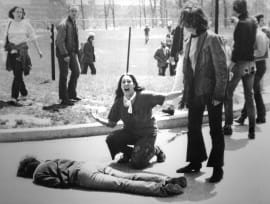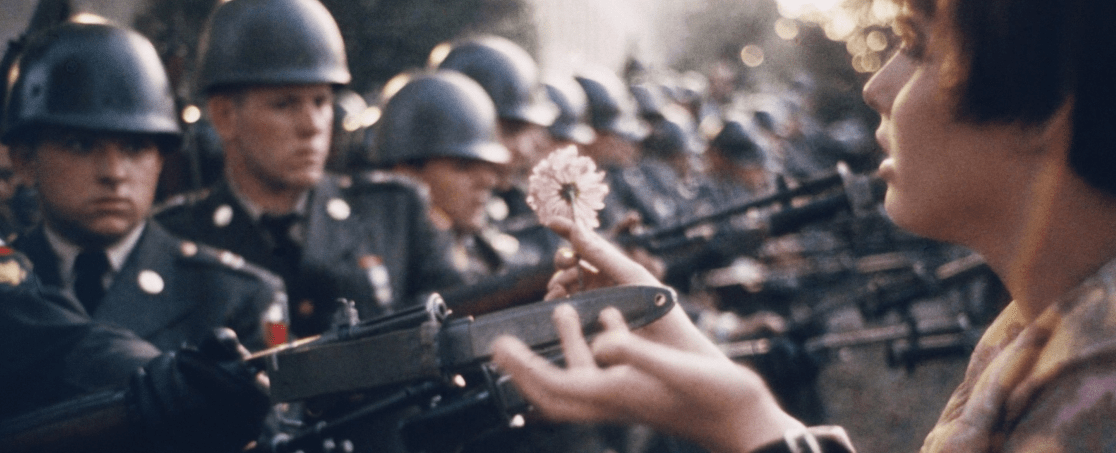The War at Home December 14, 2015
 The dawn after the Presidential election in 1968 I was waiting for a med-evac flight in the San Antonio, Texas, Air Force flight service center. I was in my Army greens and captain’s bars with combat tabs. My journey was to Montgomery, Alabama to see my parents before getting orders to go to Vietnam.
The dawn after the Presidential election in 1968 I was waiting for a med-evac flight in the San Antonio, Texas, Air Force flight service center. I was in my Army greens and captain’s bars with combat tabs. My journey was to Montgomery, Alabama to see my parents before getting orders to go to Vietnam.
The tumultuous anti-war riots at the Chicago nominating convention, campus demonstrations, young men fleeing to Canada to escape the draft, all preceded that election.
A tired, faded DC-8 rested about 50 yards from the service center. Long shadows streaked behind it as it faced the rays of the rising sun. I entered a door in the middle of the fuselage, ducking to avoid banging my head and gold-banded cap. It was dim inside. And quiet. I couldn’t quite stand up in the aisle without hitting my head. Tucked into shadow were cots and the soldiers on them. As my eyes adjusted to the light, I could see young men with bandages and missing limbs while I walked to the front of the plane carrying my bag.

War Protest – San Francisco, 1967
The boys in the beds were looking at me. One raised his hand. “Sir. Captain,” he said softly. Half his face was covered in bandages; the arm on that side hidden by a blanket pulled under his chin. I thought to myself that it must have been a mine; that he’s lost his eye and his arm, maybe his leg.
“Yes, soldier,” I said.
“We are right, aren’t we?” he said.
I didn’t want this conversation. The other boys, who were conscious, were looking and listening. What can I say to them? I thought. They’ve given so much of themselves when so few have. They were the boys without college, or graduate school, or political pull, or a huge metropolitan draft pool. This war never made sense to me or my fellow officer trainees. We proudly served; we didn’t have to believe. But what to say?
“You were right, soldier.” I said as I stumbled forward to the passenger section thinking of the price they all had paid.
The slow plane ride took a long time. Corpsmen moved back and forth in the section carrying the wounded and maimed. Eventually we landed in Montgomery and I left the plane after the boys had been evacuated.

Jeffrey Miller lying face down after being shot at the Kent State University war protest, May 4, 1970.
I was directed to a building next to a fence. That was where my parents would be sent to pick me up. I walked toward the building. There was a crowd at the fence. They had signs. “Killers,” said a sign “Shame,” said another. A guy with a megaphone was yelling. The signs and screaming were directed at the boys on stretchers being loaded into military ambulances. The crowd gathered by the gate as it opened and the procession of ambulances moved through. The guy with the megaphone and his followers spit at those boys who had given all they had.
None of today’s “We honor your service,” applause, salutes, or thumbs up. That was Vietnam at home to me. The treatment of our combat troops, often black, Hispanic, rural, by others not serving their country appalled me then and appalls me now. I was lucky and never got orders for Vietnam, partially because my twin brother was in country.
This experience at Maxwell Air Force Base was seared into my memory and smokes and gives off acrid fumes today. It is a microcosm of everything that war meant and still means to me. Thank you for asking me to share it.
Also read JAI director Tracy Metz’s introduction (December 2), editor Phillip C. Schaefer’s introduction (December 4), the essay by veteran Jim Harris (December 7), the essay by veteran Glen Kendall (December 9), the essay by George J. Fesus (December 16), the essay by veteran Carl DuRei (December 18), the essay by James Laughlin (December 21), the essay by John T. Lane (December 23), and the essay by Bud McGrath (December 27).
